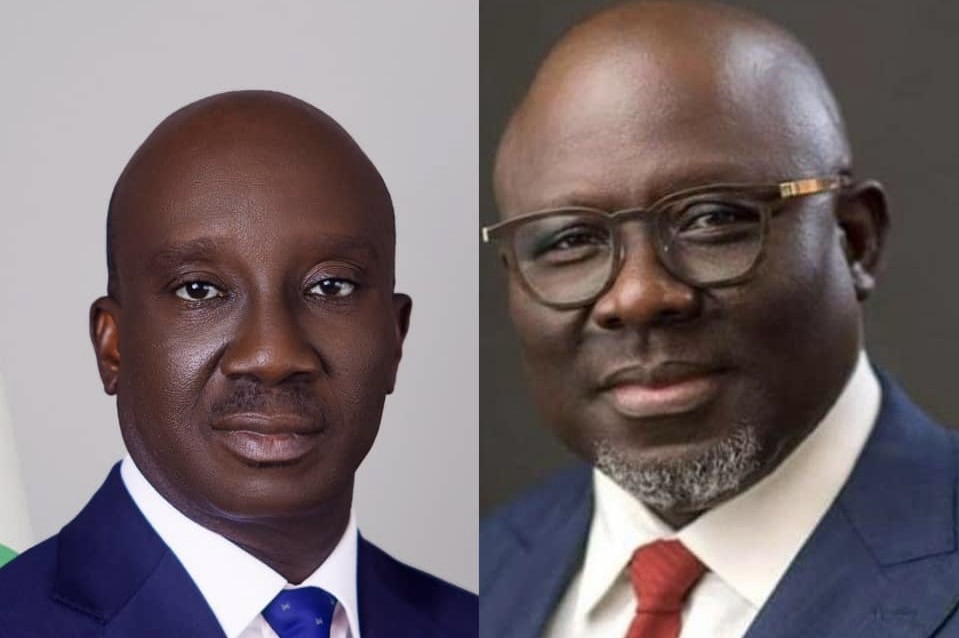WHEN President Muhammadu Buhari made the disarming remark at his inauguration that he is for everybody, and he is for nobody, a plethora of interpretations swarmed the landscape. Some people said he was referring to those who toiled for his party and are now claiming that the country belongs to them, while others say he is referring to those who sank their money into his campaigns and are now hoping to sweep all the contracts.
For me personally, it brought a feeling of glorification. One of my favorite political quotes which many misunderstand is George Orwell’s, which describes freedom as the right to tell people that which they do not want to hear. So the Buhari is relief because that is what many do not want to hear, at least not on May 29.
In Kaduna, an emir was assaulted leading to the abrupt cessation of proceedings; in Nasarawa, a journalist, Hir Joseph was brutalized and no one raised a finger in his defense; in Adamawa, a former Deputy Governor was attacked and in Abuja the outgoing senate president came allegedly close to harm. In several other places around Nigeria defenseless people were bullied and the nation didn’t blink.
Is politics really the systematic organization of hatreds, as observed by the American historian Henry Adams: ‘Is our country increasingly descending into disunity?” The events of May 29th in Nigeria seem to demonstrate so.
We have allowed political zealots and religious bigots to set the agenda. Polarized debates and comments dominate our canvas, with the odium more profound on cyber-country. We seem to have evolved into a “dem-all-crazy”, where there is no sense of decorum when whacking the other side. Instead of improving the situation, our politicians on both sides are adding fuel to the fire.
Reactions to the inaugural quote has not released the Kare-jini-biri-jini mentality to go away, in spite of the numerous denials by the president that it was not to be literally executed. Predictably, many would think that I am linking the dastardly acts to a particular political party. But I am not. The political thugs in Nigeria do not belong to any party, instead they are for the highest bidder. If they do it to someone today because you ask them, they might turn against you tomorrow, when like the Martin Niemoller theory, no one would speak for you.
It’s not that there are no voices of reason left in this country. However, their views are drowned out by the vortex of hate. When it comes to hate speech, most Nigerians who depend on a few sources for information and news are quick to accuse the other party. But they don’t seem to have any problems with the clearly spiteful comments they themselves post on Facebook.
Rational comments or those which do not support the prevailing view or spin of the story are quickly shouted down. It seems that righteous indignation, hate or mockery is acceptable as long as it is directed against the opposition. But it isn’t and it is up to the rational majority who believe in a multi-ethnic, multi-religious, multi-cultural and harmonious country to stand up and stop the hatred.
It is sad, but political partisanship in Nigeria has already come down to a zero-sum game, with an increasing number of people driven by mindless anger. The intense and vicious loathing for the opposition is being consciously built up with scant regard for the consequences. It looks like things are likely to get worse unless people become consciously aware of the cynical political games being played before them.
Must our quest for fairness and good governance come at with the country’s destruction? I think President Goodluck Jonathan, who is being roundly applauded by the sensible ones among us provides the answer when he said his ambition is not worth the blood of any individual. And we should take a cue from the two-party system in the United States of America, which dominate politics for decades.
According to a Research on “Political Polarization in the American Public”, Republicans and Democrats are now more divided along ideological lines, with partisan antipathy running deeper and more extensively than at any point in the last 20 years.
The Pew report, based on a telephone survey of 10,000 people, basically noted that the two parties and their supporters really “dislike” each other. The report also highlighted “ideological silos” in which people disagreed over where they wanted to live, the kind of people they want to live around and who they would welcome into their families. However, it offered some hope by stating that the sentiments were not shared by most Americans as majority of them did not support any party.
We should be careful in Nigeria not to ceded Abuja to the zealots. It is usual that many of those in the middle-ground remained on the edges of the political playing field, relatively distant and disengaged, while the most ideo-logically oriented and politically rancorous made their voices heard through greater participation in every stage of the political process.
That’s what is happening to us. Like in the US, there are many contentious issues in the country but it appears that the bigots and extremists are calling the shots. Yes, they are being allowed to do so, not only by those who have the power to act but choose not to do so but also by the indifference of proponents of the Third Way.
So, even if it is seen as politically incorrect or makes them unpopular, it is about time that the majority of rational and reasonable people stand up and speak against organized violence before it is too late. Like Buhari, this country is for everybody and it is for nobody.

PRESIDENT MUHAMMADU BUHARI BEING SWORN IN BY THE CHIEF JUSTICE OF THE FEDERATION, JUSTICE MAHMUD MOHAMMED IN ABUJA ON FRIDAY (29/5/15).

